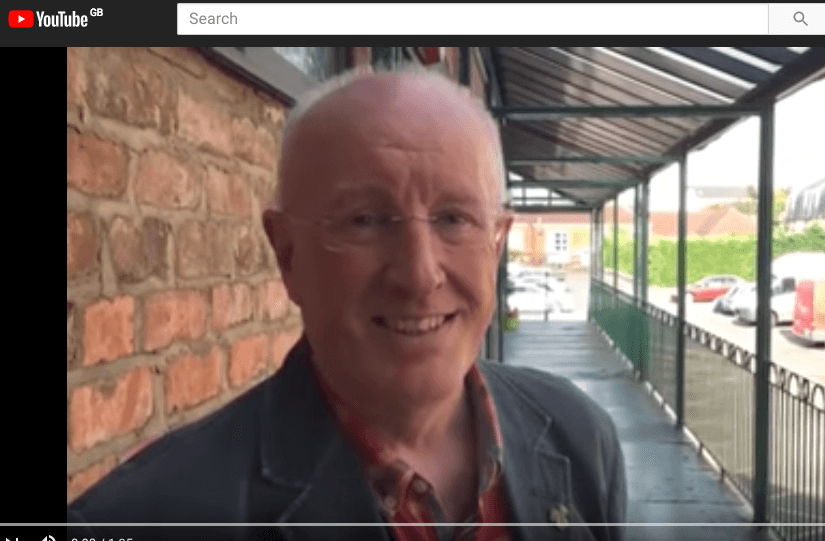Even when Chris Hickey’s heart started beating again after 68 minutes, doctors still didn’t have much hope.
They feared that he would be dead when he was brought out of his coma.


Even when Chris Hickey’s heart started beating again after 68 minutes, doctors still didn’t have much hope.
They feared that he would be dead when he was brought out of his coma.